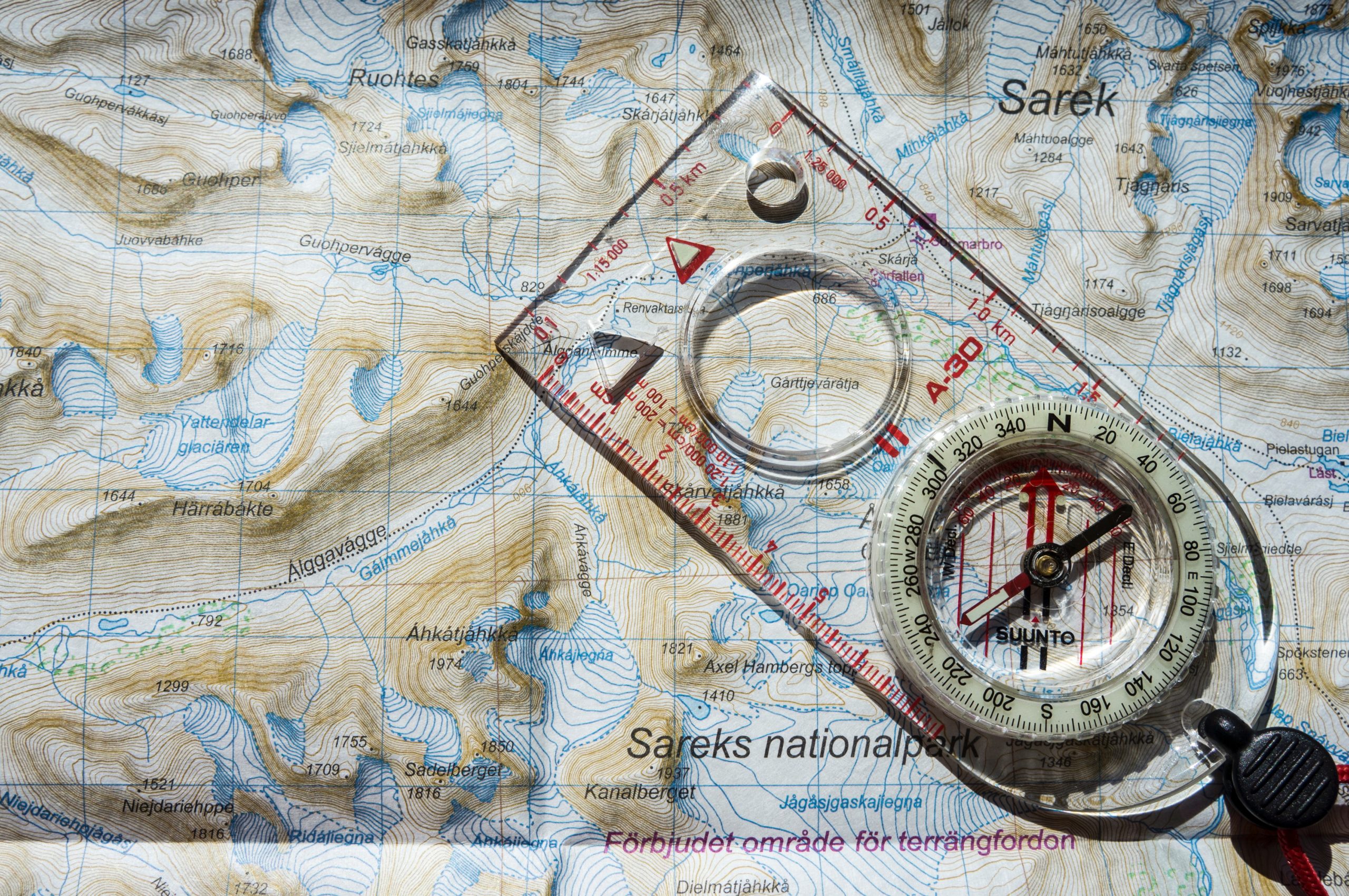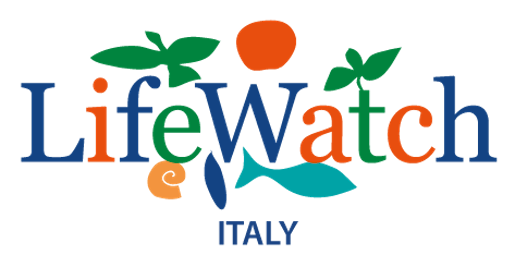
The University of Salento has published a call for application for a research grant entitled, “Development of geospatial models supporting web services for the study of biodiversity and ecosystem change scenarios” within Lifewatch Italia and PON Lifewatchplus and CIR01_0028 (Scientific Manager Prof. Alberto Basset).
Duration: 12 months (extendable or renewable for a maximum of 3 years)
The principal investigator is Prof. Alberto Basset.
Applications close 02/12/2021.
Criteria of evaluation:
- Proven knowledge of ecological theory at the community and ecosystem level and of the statistical and modeling approaches for the geo-spatial analysis of biodiversity and ecosystem services and their temporal variation;
- Experience of many years of research on topics related to those of the call;
- Proven experience in the participation / direction of competitive projects on topics related to
those of the call; - Knowledge of open access digital archives for research products (publications, data, software,
etc.) and knowledge of the Open Science paradigm (https://ec.europa.eu/research/openscience/index.cfm) and the FAIR principles (https://www.go-fair.org/fair-principles/), with particular reference to those consistent with the specific theme of the research in question; - Knowledge of the procedures for the harmonization of data and metadata, as well as the principles and validation technologies to check and / or declare compliance of harmonized data and metadata with respect to applicable specifications;
- Knowledge of the main techniques of statistical analysis and modeling;
- Knowledge of written and spoken English.
The following skills will also be evaluated:
a) knowledge / specialist skills acquired and relevant to the achievement of the objectives that the Research Infrastructure intends to achieve
b) relevance of the activity carried out in the last 2 years with the priority areas identified within the National Strategy of Intelligent Specialization (SNSI) and the ministerial planning for research in the period 2014-2020;
c) previous collaborations with public and private scientific institutions.

